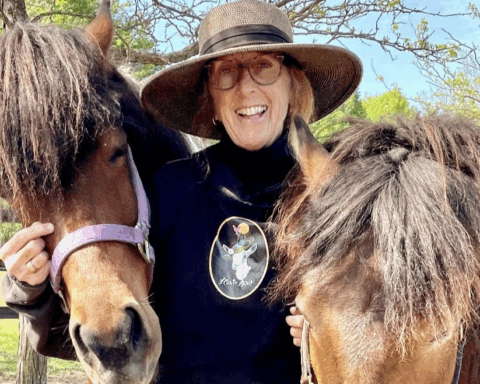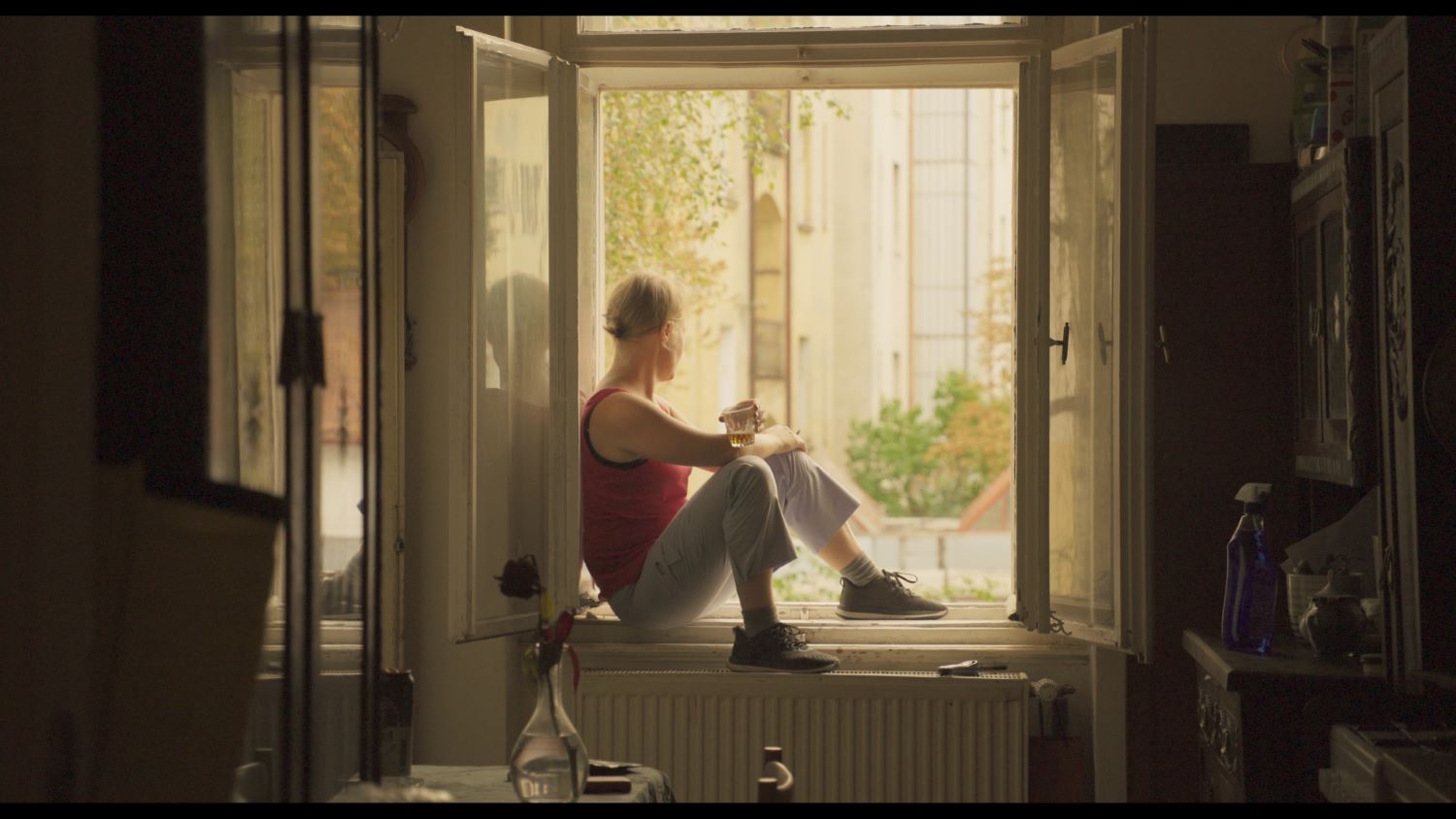The Outpost
(Italy/Brazil, 84 min.)
Dir. Edoardo Morabito
Program: The Changing Face of Europe (North American premiere)
Deep in the Brazilian Amazon rainforest resides the village of Xixuaú. Only accessible via a lengthy boat ride along the Rio Negro, which has been impacted by the worst drought in 20 years and is full of caimans, the region is not what most envision for a rock ‘n’ roll concert. Christopher Clark is not like most people though: he is a dreamer who believes that if you can envision it, you can build it.
The founder of Outpost of Progress in Xixuaú, originally designed as a utopian Indigenous-run commune that would balance technology and nature, the Scottish born eco-warrior has spent the last 30 years fighting to preserve the rainforest. His latest plan, a last-ditch attempt to get the Brazilian government to protect the region of Xixuaú as a conservation site, is to raise awareness via a once in a lifetime Pink Floyd reunion concert.
Edoardo Morabito’s fascinating documentary The Outpost depicts Clark’s attempts to achieve his vision. As the audience observes in the film, it will take numerous hands to construct the event but, so far, Clark only has his own. Furthermore, convincing others to climb this mountain with very little safety gear is going to be a challenge.
Being on the forefront of visions that others may not immediately see is nothing new to Clark. He built the Outpost of Progress with little resources, often utilizing his tourism business to wine and dine tourists into fundraising, which helped to build a school and medical centre. Through his persistence, including constantly pitching his ideas to others via emails and videos, he turned Xixuaú into a thriving community, one that saw the introduction of electricity, television and more into the village.
Despite exuding the confidence of a visionary, as one delves deeper into The Outpost, it becomes clear that Clark was shortsighted in the realities of the modern world. With education and the internet, the younger Indigenous population started to see more possibilities in the world. They began rejecting cultural practices related to preserving and protecting the forest and desired more material things. The capitalist mindset infected the adults as well.
In one section of the film Clark openly laments about the lack of work ethic among the locals and the price gouging of tourists. Speaking to his failed goal of building a society based on equality, he notes that it is hard to get things done if everybody is the boss and expects others to do the work.
As Morabito’s documentary ponders, the issue may not be so much that the Xixuaú community became lazy, but rather that Clark was imposing his western vision on the community. Their addiction to technology–Morabito repeatedly shows kids glued to their screens–slowly started to represent everything in Scotland that Clark had fled years earlier.
It is this sense of disconnect between Clark and those he is attempting to help that even forces Morabito himself to begin questioning his subject’s motives. Serving as the film’s narrator, the director starts off eager to help document Clark’s journey, buying into the idea that he is helping to save the environment through his film. However, over time, it becomes clear to Morabito that Clark is a dreamer who refuses to wake up.
What makes this realization complicated is the fact that there are real stakes at play. Wildfires, illicit trading, and deforestation are genuine threats to the Xixuaú community. However, putting on an elaborate concert in the heart of the Amazon, especially one where Clark’s only connection to the band is that he met musician David Gilmour once in the ’80s, will do little to move the needle. The fact that Clark offers to substitute Pink Floyd with Phil Collins or Genesis, if need be, and not a more current band, further speaks to how out of touch he is to modern music and culture.
In observing the ways Clark blurs the lines between dream and reality, The Outpost evolves into a compelling character study. It’s one where the audience is left to question at what point does a dream turn into a troubling parody of itself.











